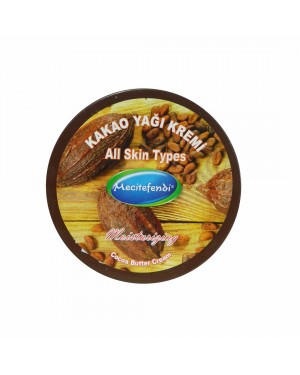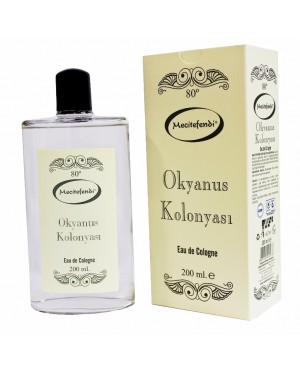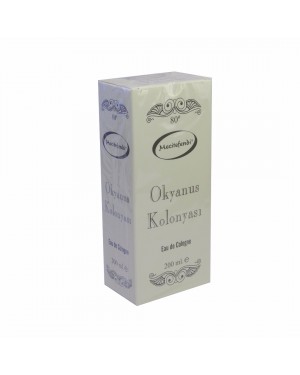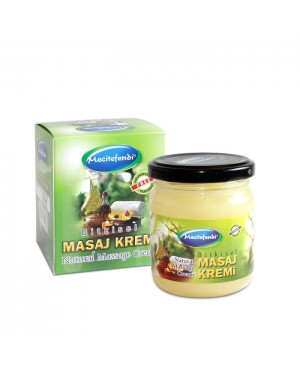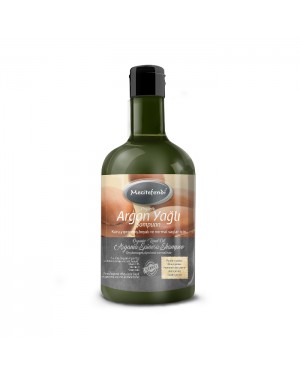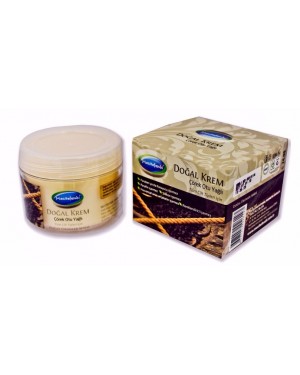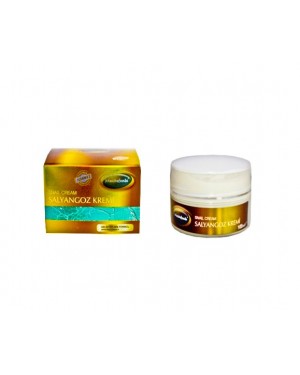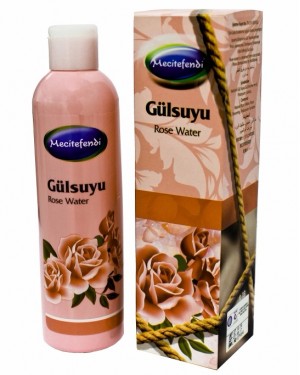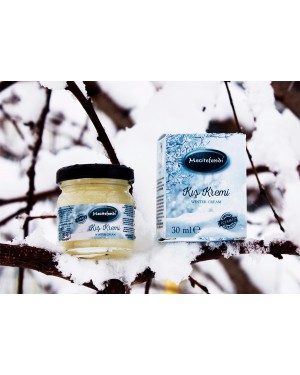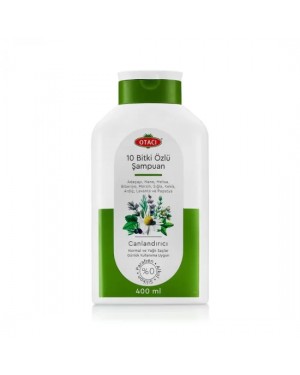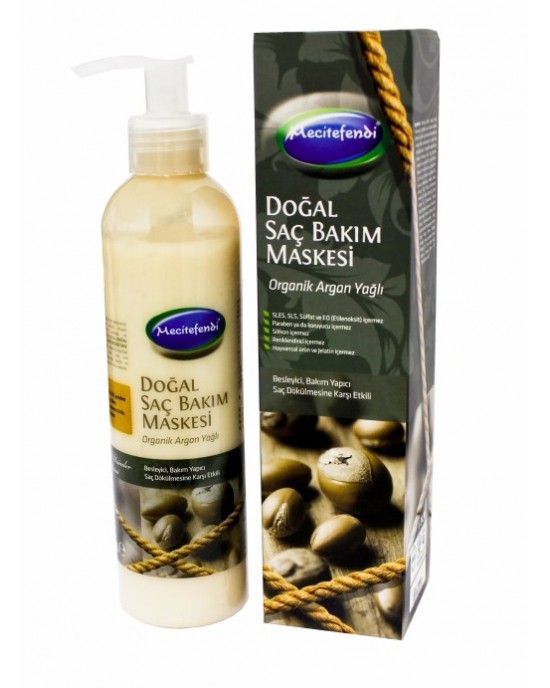
- Organic Argan Oil, Natural Hair Mask takes care of hair and keeps it healthy
- Brittle Hair Treatment
- Treats dark ends of the hair
- Strengthen hair follicles
- Increase the intensity and length of hair
- Smoothing hair and moisturizing the scalp
- Prevent hair loss
- Shine hair
- 100% Natural product, Paraben-Free. No SLES, SLS, Sulphate and EO. No Silicones. No Colourants. No Animal products or Gelatin.
- Stock: In Stock
- Brand: Mecitefendi
- Model: 96331054
The main benefits of Argan Oil Hair Mask is that It contains many active substances, which are necessary not only for outer beauty, but also for the health of hair.
- If you have dandruff or dry scalp, use Argan Oil Hair Mask twice per week until dandruff is gone. Continue on with weekly treatments, or as needed.
- Treating hair loss
Argan Oil Hair Mask helps prevent hair loss by ensuring that you don’t lose more follicles than you’re able to grow – when that happens, hair loss becomes noticeable.
- Define curls
For those with curls, Argan Oil Hair Mask can help with manageability, and help define those curls for a more beautiful look.
- Give your hair a shinier, glowing look
- Treat dry, brittle hair
- Argan Oil Hair Mask can be used as a very effective overnight deep conditioning treatment. If your hair is dry and brittle, once a week.
- Tocopherol (vitamin A) runs in the damaged tissues for regeneration processes, so the Argan Oil Hair Mask is a great means for reducing brittle, split ends, thinning hair;
- Polyphenols have the smoothing properties, so one more of Argan Oil Hair Mask benefits, that it makes the strands silky, smooth and flat.
- The anti-inflammatory properties, which are famous for Organic acids (purple, vanillic, ferulic ) allow the Argan Oil Hair Mask to be a full-fledged drug, that is indicated for dandruff.
-70% of all substances, that are inside in Argan Oil Hair Mask – this Fatty acids (oleic, linoleic, palmitic, stearic) , perform the safety function and increase resistance of hair to external harm.
-Sterols: is anti-aging substances, which are known for their ability to prevent early graying.
The product does not contain paraben or any industrial products or preservatives, so you can use it as you like every day.
What is Paraben?
Parabens are very powerful protective substances added to cosmetics "cream, lotion, shampoo .." to extend the shelf-life of the products and prevent the growth of bacteria inside.
Why we should use Paraben-free products?
Since Parabens exhibit similar behavior to estrogen in the body, the risk of developing breast cancer in women has increased due to the frequent use of Paraben products.
In order to avoid these risks, Turkish Attar is keen to provide natural Paraben-free products with quality certificates registered by the Turkish Ministry of Health.







